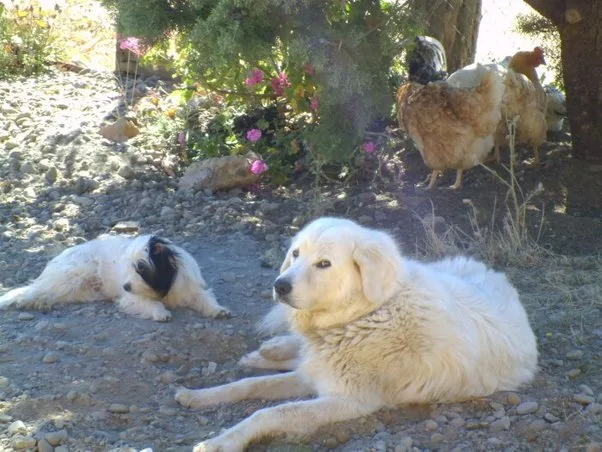In the vast landscape of Nigeria’s farming, companion animals, including dogs and cats, may not be the primary focus, but their presence holds a unique and often overlooked significance. Traditionally, Nigeria’s animal agriculture sector centres around livestock production for food and other essential products. However, companion animals contribute in their own distinct way to the people’s livelihood, reflecting a dual role as cherished companions and economic contributors.
While dogs and cats are not directly involved in traditional farm activities, they play a pivotal role in Nigeria’s economy through the burgeoning pet industry. A significant portion of households, as recorded by TGM Nigeria Pet Care Survey (2023), which revealed that nearly 20% of household, welcomes the presence of companion animals, and that the collective spending on pet-related products and services amounted to millions of naira annually. This economic impact extends beyond the immediate joy and companionship that these animals bring by highlighting their role as contributors to the country’s overall agriculture sector. The Nigerian government’s recognition of the economic and social importance of companion animals is evident in its efforts to implement animal welfare standards.
These standards, applied not only to farm animals, but also to companion animals, are designed to ensure their well-being. As Nigeria progresses towards adopting clear criteria for animal welfare in the agriculture sector, including companion animals, it reflects a growing understanding of the diverse roles that animals play in the nation’s development. Furthermore, companion animals can also find a place within the context of farm life. While not traditional farm animals, their presence on farms can offer practical benefits. Dogs, for instance, contribute to farm security, herding, and pest control. Cats are natural hunters, helping to manage rodent populations, thus safeguarding stored agricultural products.
These dual roles showcase the versatility of companion animals in both urban and rural settings, contributing not only to households, but also to the broader agricultural landscape. In conclusion, companion animals in Nigeria, exemplified by the popularity of dogs and cats, serve as both cherished members of households and economic contributors to the agriculture sector. As the government embraces animal welfare standards, recognising their significance, the dual roles of these animals are becoming increasingly acknowledged. Beyond their roles as companions, dogs and cats find a place in the agricultural narrative, adding practical value to both urban and rural environments.


